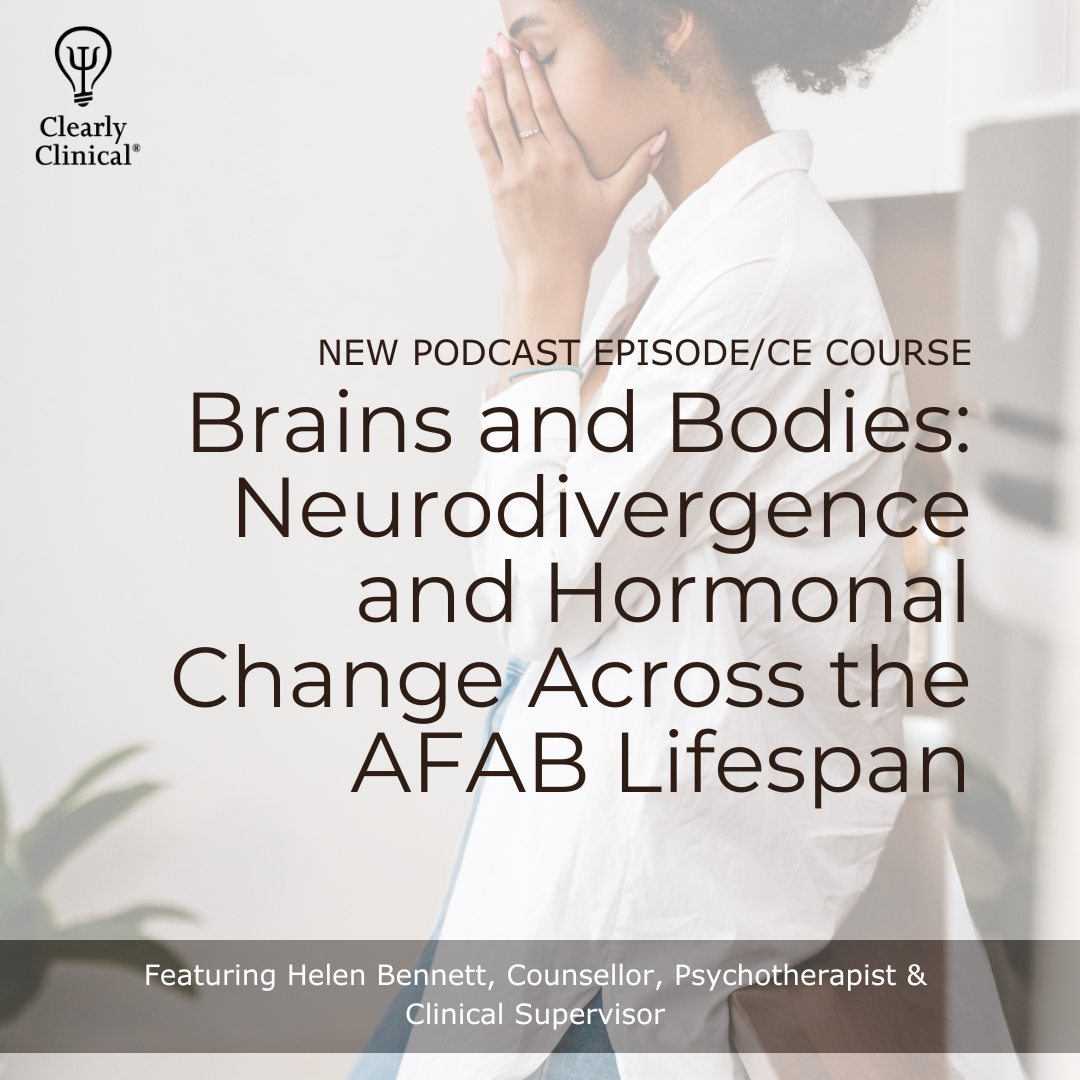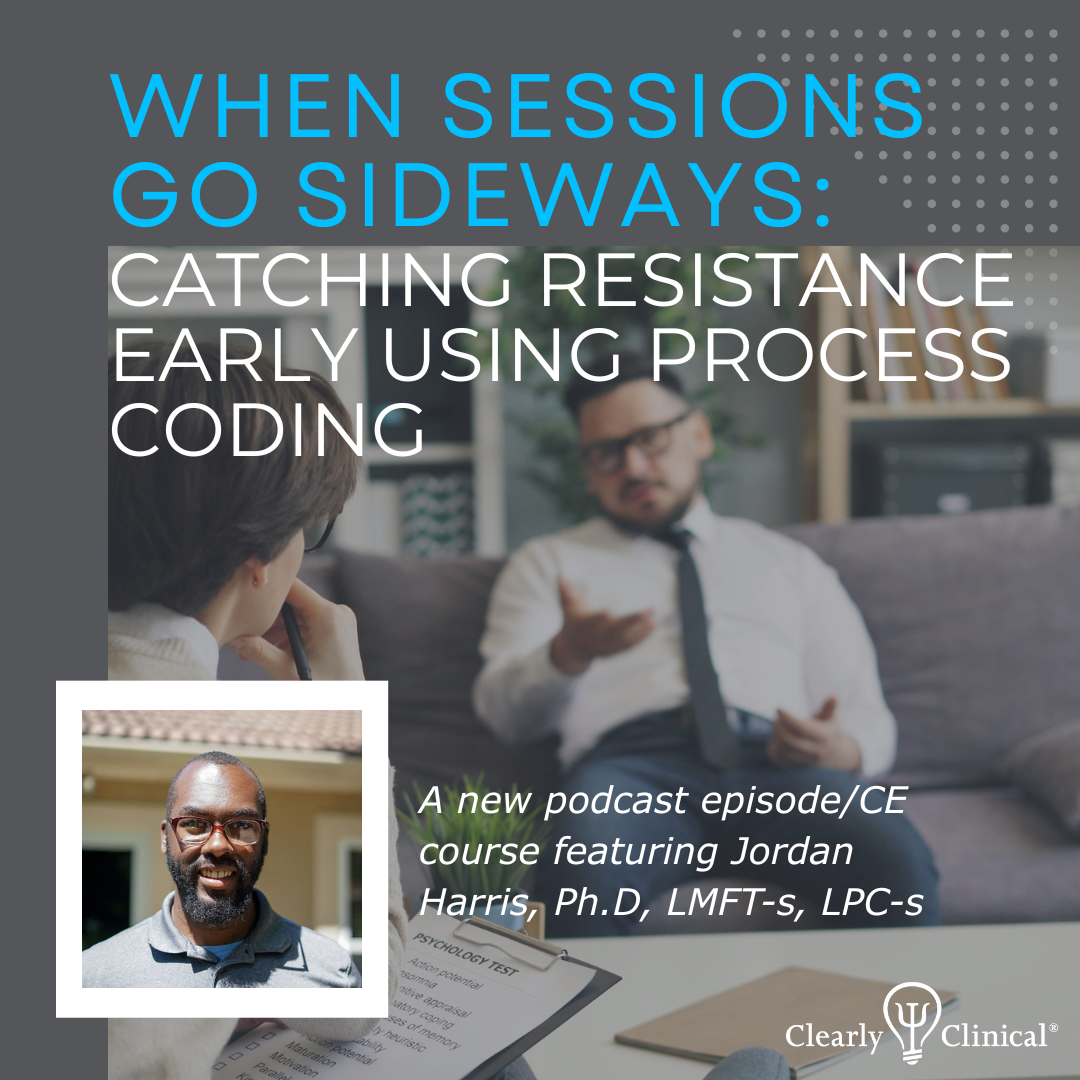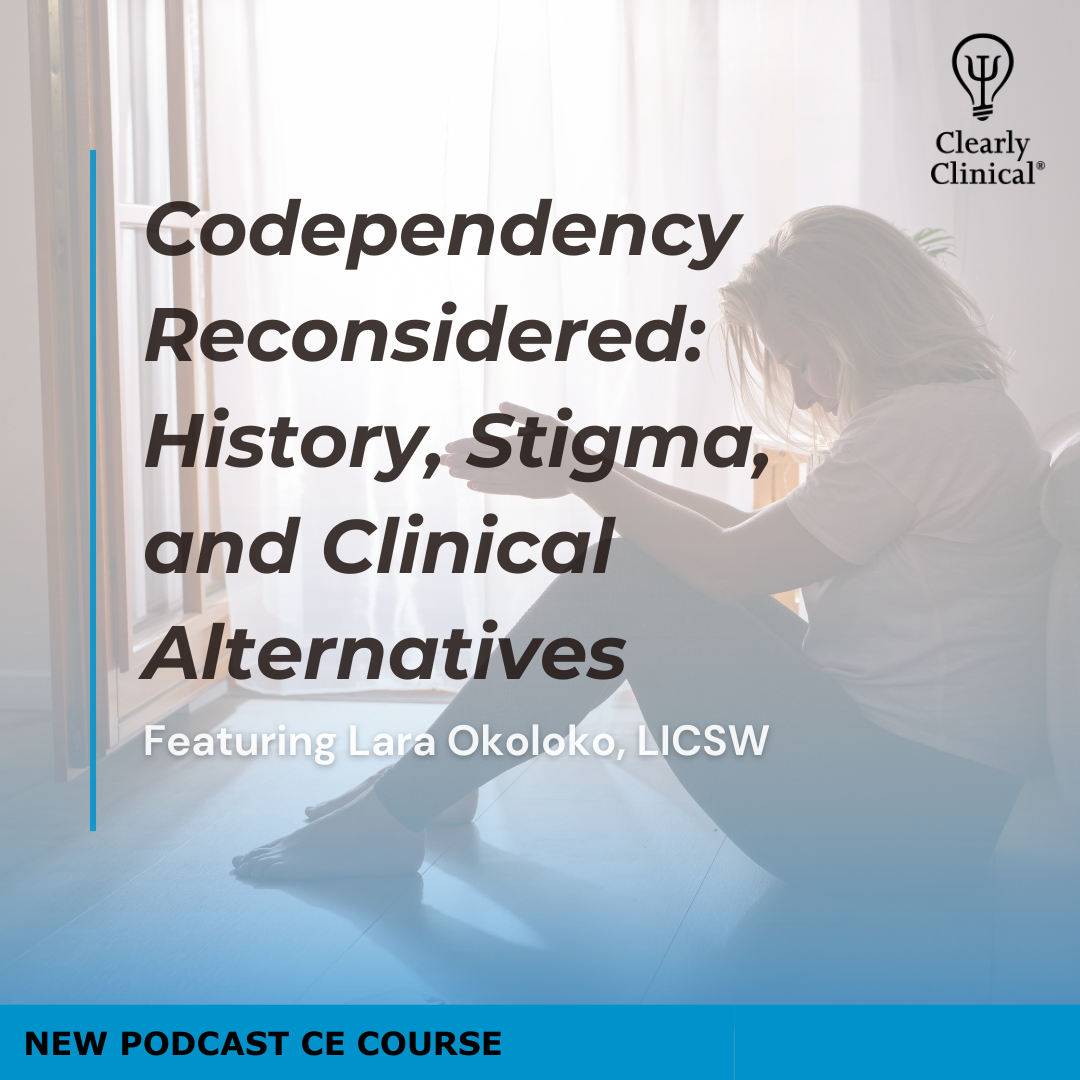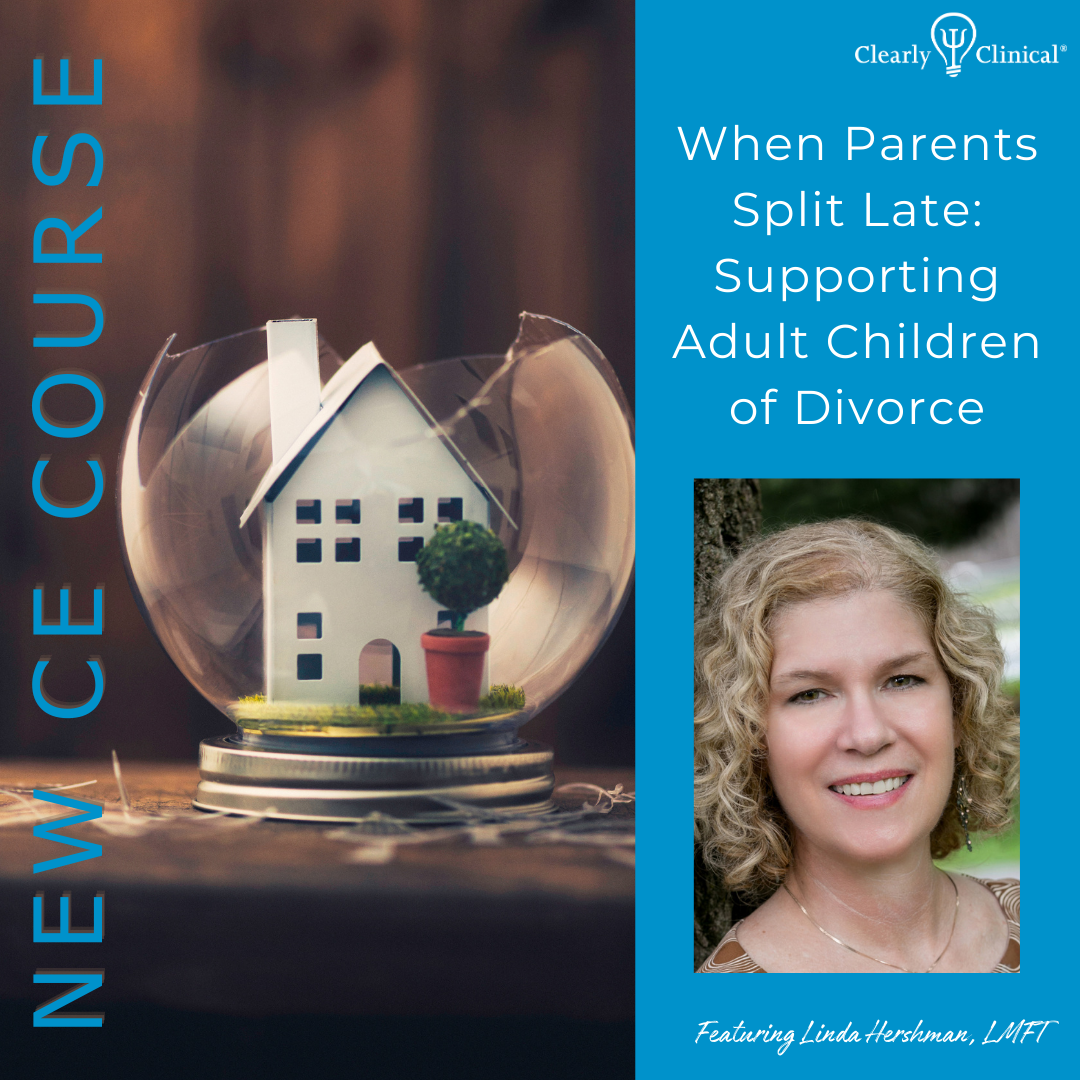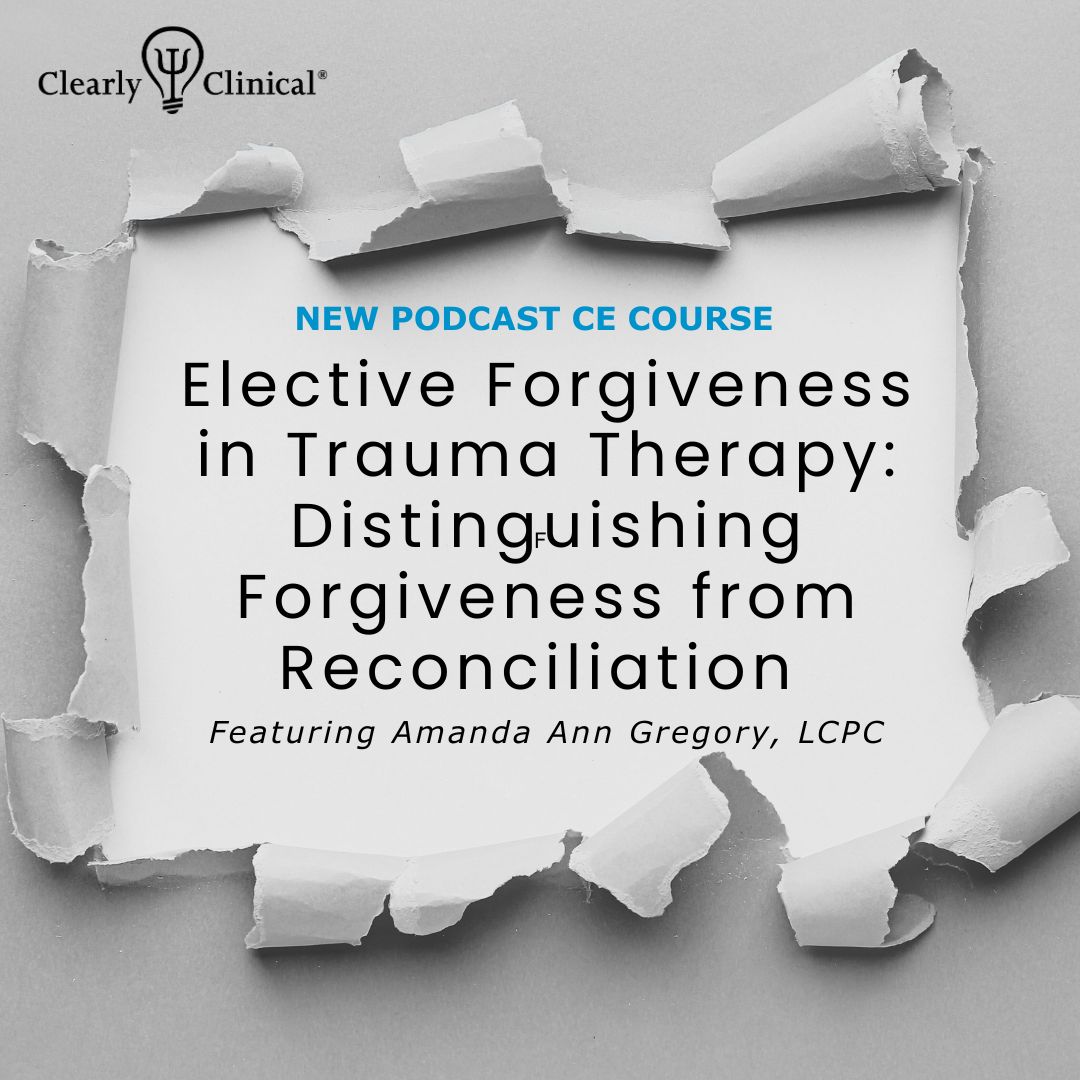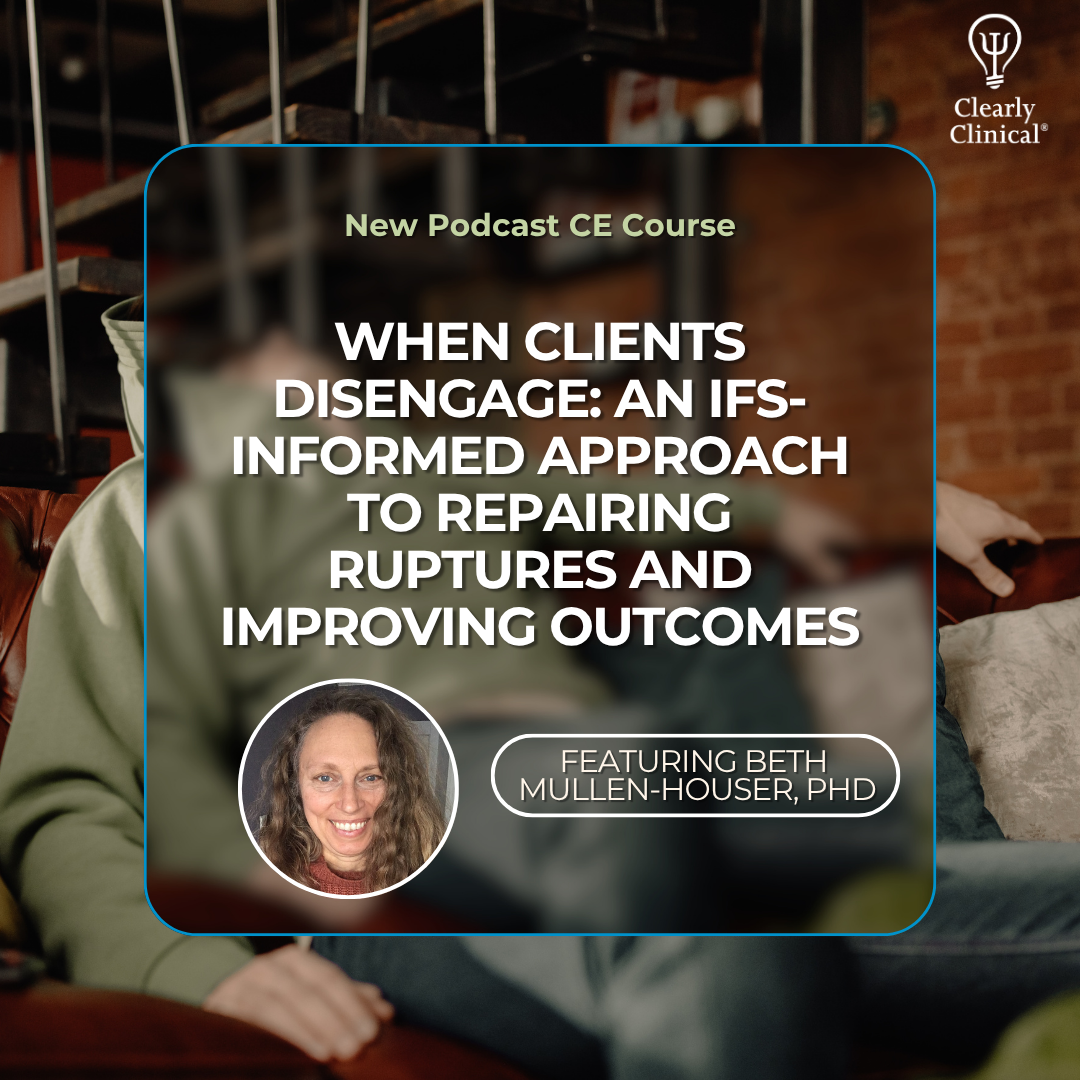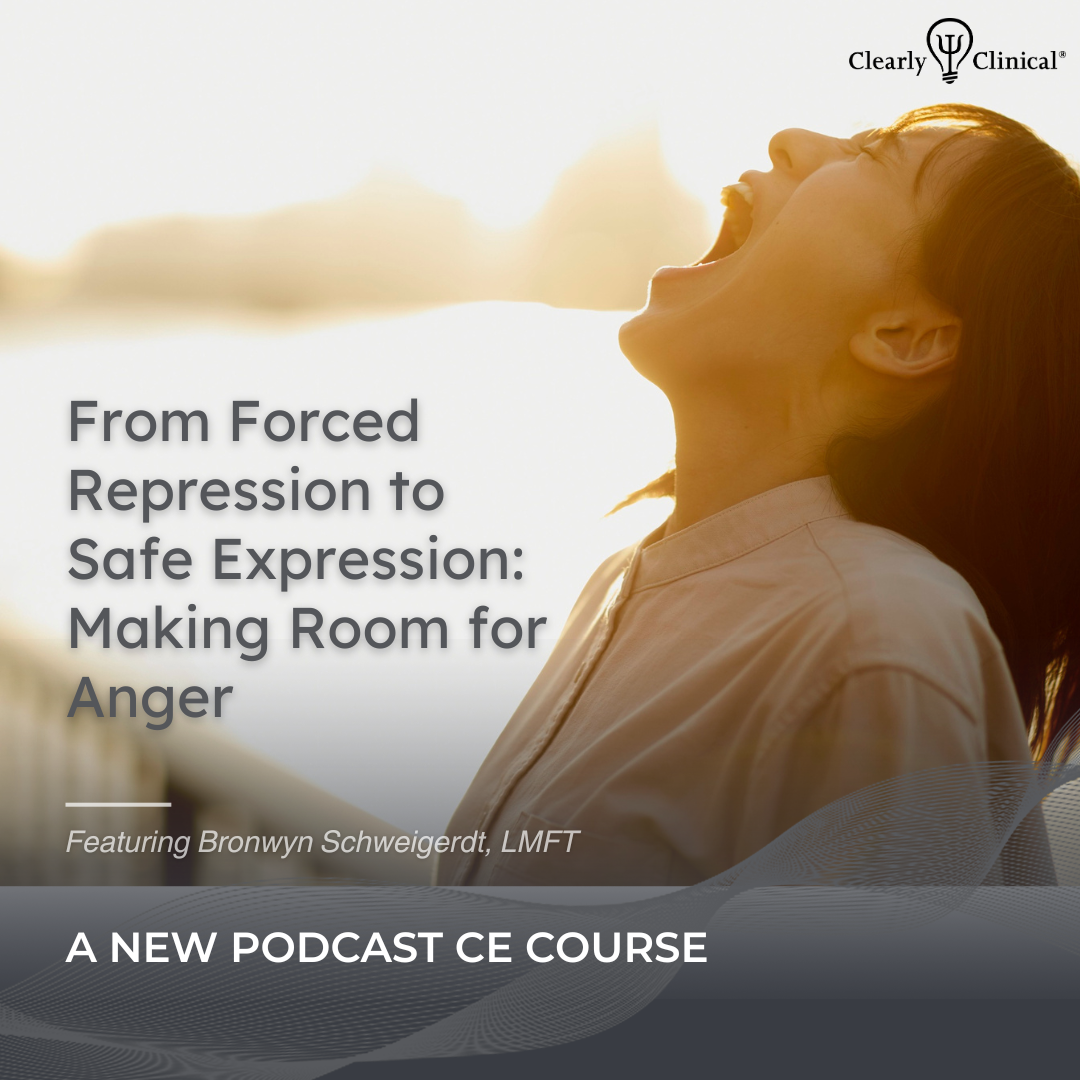When Hormones and Neurodivergence Intersect: What Clinicians Need to Understand About AFAB Clients
/Many clinicians have noticed a familiar pattern in their work with clients assigned female at birth (‘AFAB’). A client who has long managed ADHD traits suddenly feels undone. An client with autism becomes more dysregulated, more sensory-sensitive, or more emotionally overwhelmed, seemingly without explanation. What is often missing from these clinical conversations is a crucial variable: hormones.
In Brains and Bodies: Neurodivergence and Hormonal Change Across the AFAB Lifespan, therapist Helen Bennett joins Elizabeth Irias for a nuanced exploration of how hormonal transitions can significantly shape neurodivergent presentations across the lifespan. This conversation invites clinicians to reconsider what they may be attributing to pathology, resistance, or treatment failure and instead ask a more foundational question: what is happening in this client’s body right now.
Hormonal Change as a Neurodivergent Stressor
Hormonal fluctuations are not minor background noise. Across puberty, menstrual cycles, pregnancy, postpartum periods, perimenopause, and menopause, shifting levels of estrogen and progesterone can influence cognition, emotional regulation, sensory processing, and executive functioning. For neurodivergent clients, whose nervous systems already process the world differently, these changes can act as powerful amplifiers of distress.
Bennett describes seeing clients who suddenly struggle with skills they have relied on for years. Focus becomes harder. Emotional reactivity increases. Masking strategies that once held everything together begin to fail. Without a hormone aware lens, these changes are often misinterpreted as regression, burnout, or the emergence of new mental health conditions.
Masking, Misdiagnosis, and Late Identification
One of the most clinically important threads in this episode is the role of masking in delayed diagnosis among AFAB clients. From an early age, many neurodivergent girls and AFAB individuals learn to internalize distress and perform competence. They compensate. They help others. They adapt quietly.
When hormones shift and those coping strategies falter, clients may present for care for the first time. Too often, they receive diagnoses of anxiety, depression, or mood disorders without recognition of underlying neurodivergence. Bennett emphasizes that hormonal transitions are often the moment when previously hidden neurodivergent traits become visible, not because the traits are new, but because the cost of masking has finally become unsustainable.
The Therapy Room as a Place of Reframing
A central theme of this conversation is the power of validation. For many clients, simply having a clinician name the interaction between hormones and neurodivergence can be transformative. It shifts the narrative from personal failure to biological reality. It reduces shame. It opens the door to curiosity and self understanding.
Bennett and Irias discuss how therapy can become a space for psychoeducation, advocacy, and practical support. This includes helping clients track symptoms, prepare for medical appointments, understand patterns across their cycles, and adjust expectations during periods of hormonal vulnerability. These interventions are not about fixing bodies. They are about supporting nervous systems within real biological constraints.
Why This Matters for Clinicians
Hormone aware, neurodivergence affirming care is not a specialty skill reserved for niche practices. It is a foundational competency for anyone working with AFAB clients. Without it, clinicians risk misunderstanding presentations, reinforcing stigma, and overlooking opportunities for meaningful relief.
This episode challenges therapists to broaden their clinical lens and to become more comfortable naming bodies, cycles, and transitions in the therapy room. As Bennett notes, when clinicians are willing to ask thoughtful, sensitive questions about hormones, clients often experience a sense of being truly seen for the first time.
Learn More
Brains and Bodies: Neurodivergence and Hormonal Change Across the AFAB Lifespan is now available as an on-demand CE podcast course. In this episode, Helen Bennett offers clinicians a compassionate, research-informed framework for understanding how hormones shape neurodivergent experiences and how therapy can respond with attunement rather than assumption.
Listen to this new on-demand podcast CE course: Brains and Bodies: Neurodivergence and Hormonal Change Across the AFAB Lifespan, Ep. 261
Join our 1-year membership for $130 for unlimited podcast CE credit for a year.


